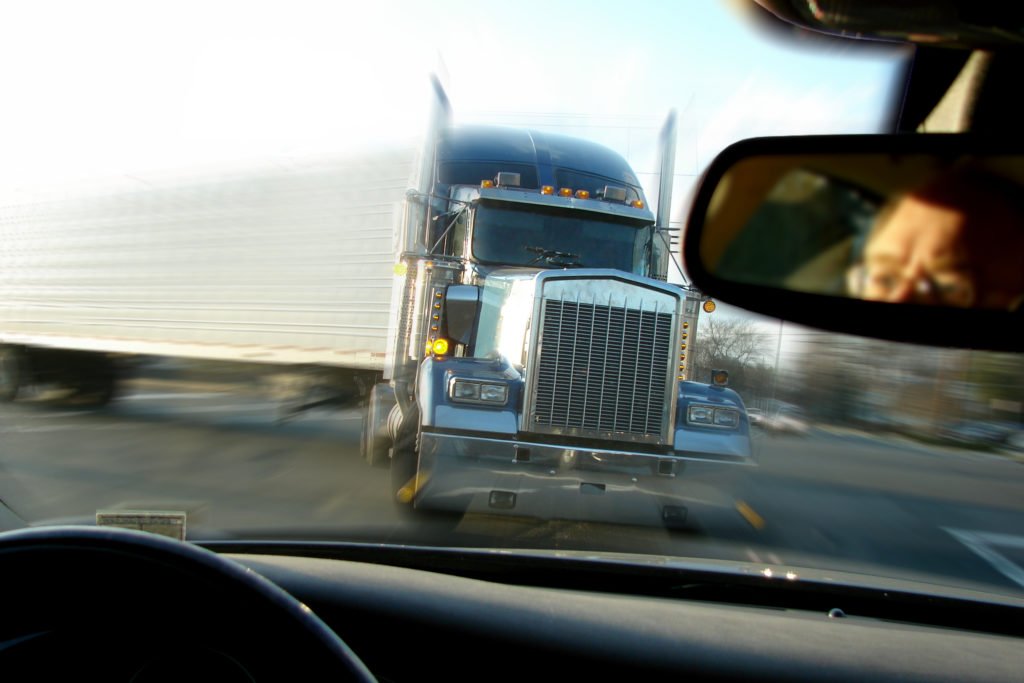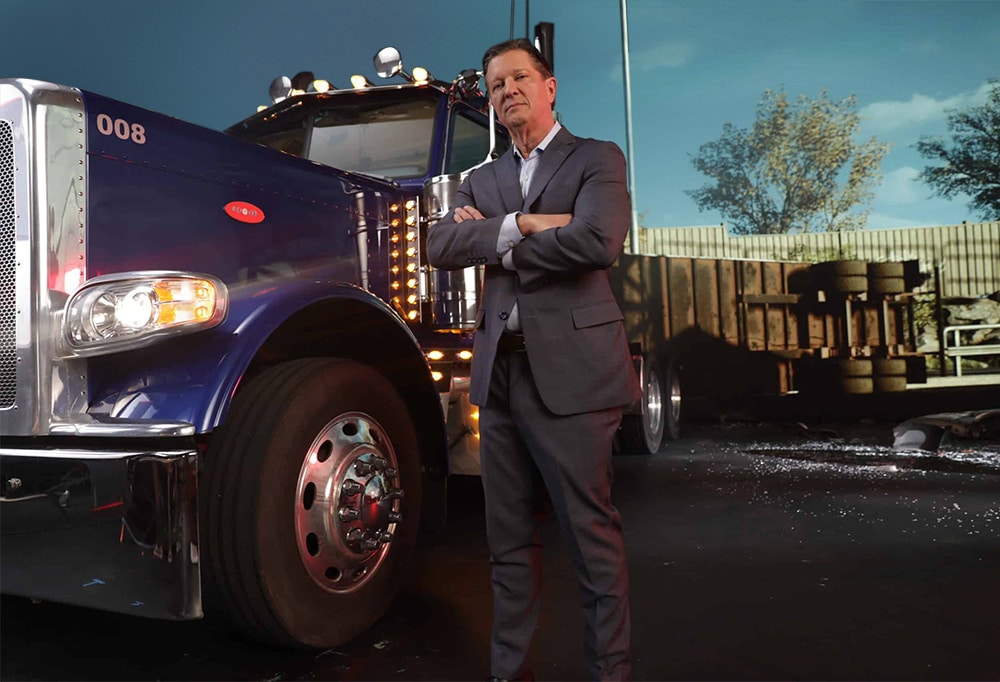
Charleston’s roads see a steady flow of commercial truck traffic, from massive tractor-trailers delivering goods for local businesses to heavy trucks transporting cargo to and from the Port of Charleston. When a truck collides with a smaller vehicle, the outcome is often devastating.
If you suffer injuries or lose a loved one in a truck accident, you face mounting medical bills, lost income, and a long road to recovery.
A Charleston truck accident lawyer at Joye Law Firm can help you pursue compensation from the responsible parties. With decades of experience handling truck accident claims in Charleston and throughout South Carolina, our legal team is ready to fight for your best interests. Contact us today for a free consultation.
Why Semi Truck Accidents Are Different
Truck accident claims involve unique challenges that distinguish them from other motor vehicle accident cases. The legal and insurance issues can be more complicated, and trucking companies often have aggressive legal teams defending them. Several factors contribute to these complexities:
Size and Weight Disparities
A fully loaded commercial truck can weigh up to 80,000 pounds, while the average passenger vehicle weighs only about 3,000 pounds. The size and weight difference means a truck crash often causes catastrophic injuries and severe property damage.
Commercial Regulations and Requirements
Federal and state regulations govern how trucking companies and drivers operate. Hours-of-service rules limit how long drivers can be behind the wheel, and maintenance requirements mandate regular inspections. Violations of these rules can contribute to accidents and serve as critical evidence in a claim.
Multiple Potentially Liable Parties
A truck accident may involve negligence by the driver, the trucking company, the vehicle manufacturer, or a third-party maintenance provider. Identifying all liable parties is key to maximizing compensation.
Complex Insurance Issues
Trucking companies and their insurers often carry large policies, but they may try to shift blame or minimize payouts. Insurers may also argue over which policy applies, particularly if multiple parties are involved.
More Severe Injuries and Damages
Due to the force of impact, truck accidents often result in life-altering injuries, such as spinal cord damage, traumatic brain injuries, or amputations. The cost of medical care and long-term rehabilitation can be enormous, making full compensation essential.
Common Causes of Truck Accidents in Charleston
Many 18-wheeler crashes occur due to preventable mistakes or reckless behavior. Some of the most common causes of truck accidents in Charleston include:
Driver Fatigue and Hours-of-Service Violations
Truck drivers work long shifts, and federal regulations limit their driving hours. However, some push beyond legal limits to meet delivery deadlines, increasing the risk of fatigue-related crashes.
Distracted Driving
Distractions such as texting, adjusting GPS devices, or eating while driving can take a trucker’s attention away from the road, leading to devastating wrecks.
Poor Vehicle Maintenance
Brake failures, tire blowouts, and other mechanical issues can result from neglected maintenance. Trucking companies and drivers must ensure their vehicles meet safety standards before hitting the road.
Improper Loading
Cargo that is not secured properly or overloaded can shift or fall during transit. Shifting cargo can make the truck difficult to control or cause a rollover accident. Falling cargo can crush cars or cause accidents when drivers collide or swerve to avoid objects on the road.
Weather Conditions Specific to Charleston’s Coastal Environment
Heavy rain, fog, and hurricane-related weather make Charleston’s roads hazardous. Semi trucks require more distance to stop, and wet or slick surfaces can increase the likelihood of jackknifes and skids. Truckers must adjust their speed and driving maneuvers accordingly so as not to cause accidents.
Heavy Port-Related Traffic
Charleston’s status as a major shipping hub means high volumes of truck traffic near the port, especially along Highway 17, and the areas around Wando Welch Terminal and Harbor Logistics. Increased congestion and frequent merging create risks for both truckers and other motorists.











